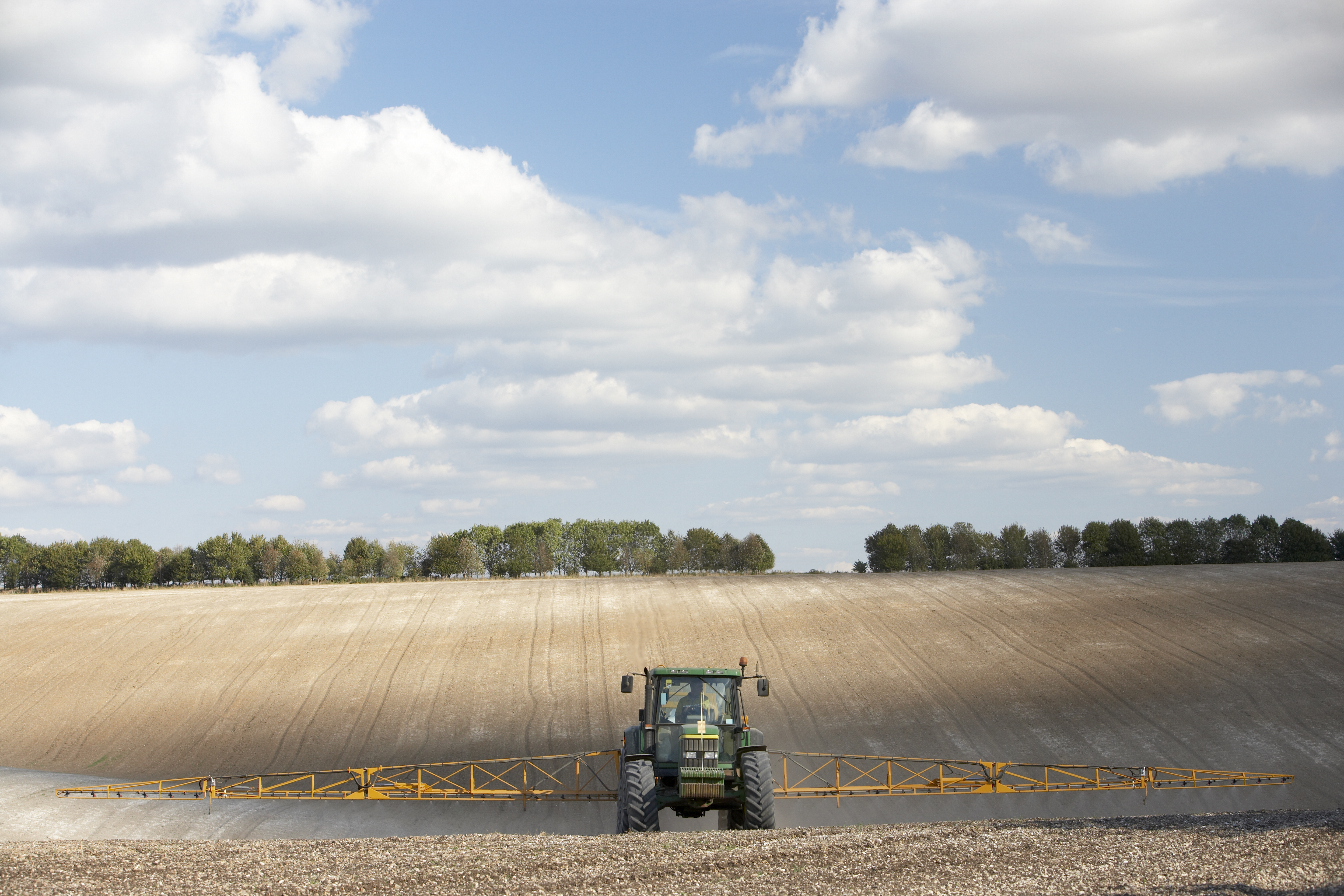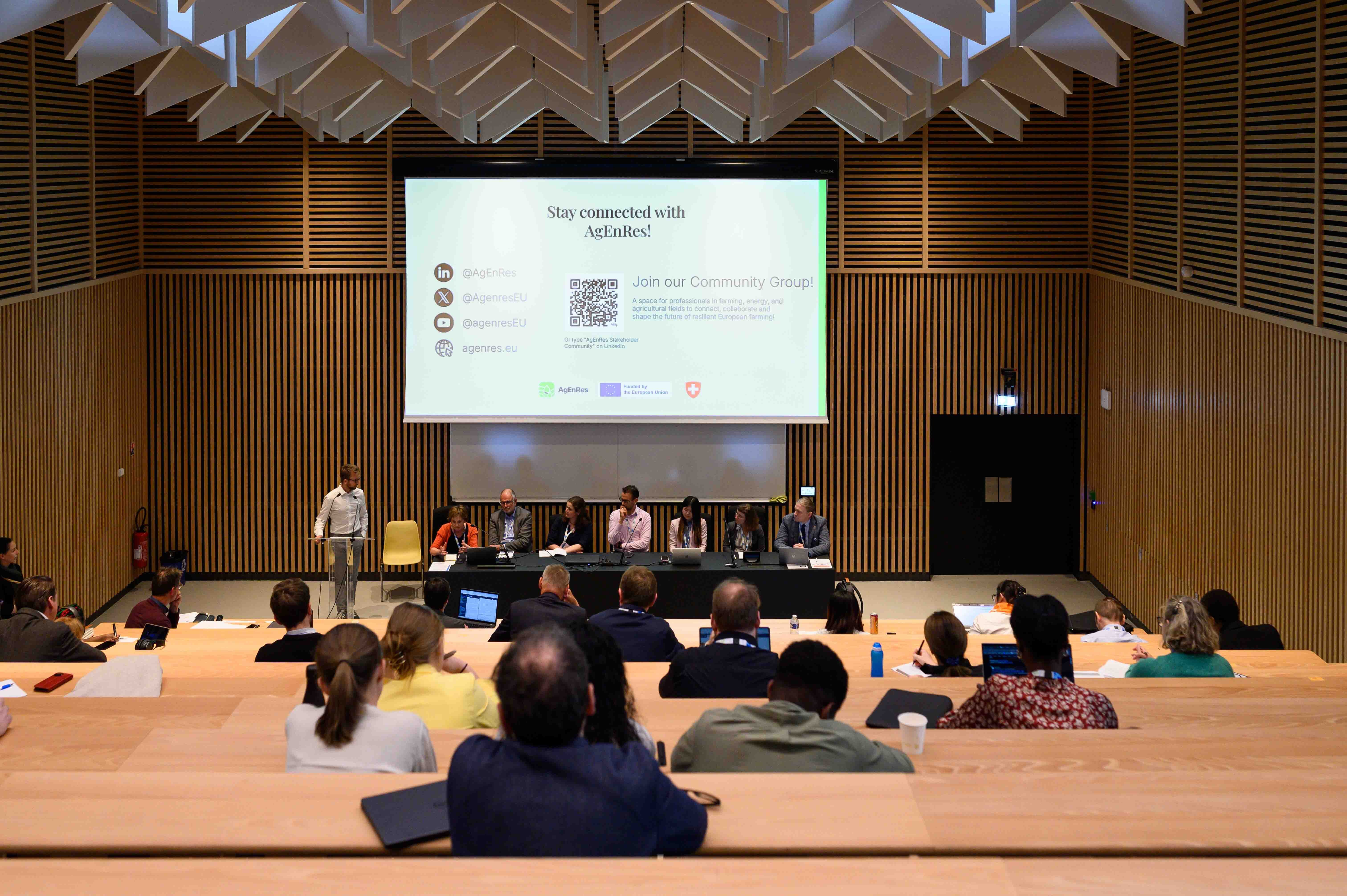For a more resilient, prosperous, and greener European Farming
What we do
Discover how we empower farmers becoming more independent from price fluctuations of fossil energy and mineral fertilisers inputs:
Who is this for?
-
For farmers and those involved in Agriculture
AgEnRes works with farmers to check out new financial tools, investment in new technologies, guide on farm management effects, and boost your farm's success and economic benefits, while keeping things green. -
For the General Public and Industry
AgEnRes offers you engaging resources and industry insights. Access transparent information at different scales on revenues, costs and impacts of fossil energy independent farming practices. -
For Policymakers and Representatives of the European Commission and member states of the European Union
We equip you with data, proven solutions, and tools for informed decision-making. We support policies related to fossil energy and mineral fertiliser use in agriculture with evidence-based research on efficiency differences between farms and impacts of policy measures on fossil energy and mineral fertiliser use in agriculture, impacts on agricultural markets (production and consumption), impacts on farm structure (size and number of farms) and emissions to the environment. -
For NGOs and Researchers
We invite you to our collaborative platform, where you will find data at different scales on costs and potentials of new technologies and fossil energy independent farming practices and innovative tools and methodologies for scientific advancement.
The impact of the project
-
 IMPACT 1
IMPACT 1Reducing Emissions and Empowering Sectors
We will assist farmers in making informed decisions regarding the optimal utilization of energy and mineral fertilisers, reducing fossil energy dependence, greenhouse gas emissions and pollutants, reshaping sustainability through practices such as fuel switching and zero-tillage systems, offering insights into cost-effective mitigation strategies, and sharing comprehensive data at different scales. -
 IMPACT 2
IMPACT 2Advancing Science, Knowledge about Technology Adoption, and Policy Design
We integrate economic, behavioural, energy, bio-physical, agronomic and environmental models, modules and data considering and contributing to Green Deal policies, SDGs, and climate policies, promoting a system approach. We improve foresight methods to elaborate scenarios and to support policy design related to energy use in agriculture.
-
 IMPACT 3
IMPACT 3Minimising financial exposure to price fluctuations of fossil energy and mineral fertilisers.
Our new financial price risk management tools can minimize financial exposure to price fluctuations fossil energy and mineral fertilisers.
Our framework connects socioeconomic and biophysical domains, fostering innovation in governance and social sectors, facilitating access to models and data that support global knowledge sharing and better decision-making.
Latest news and events

Part 2 of Our “Securing European Agriculture” Session Insights - In the second part of our session, which focused on the challenge of energy resilience, our panellists explored potential solutions.

Part 1 of Our “Securing European Agriculture” Session Insights - Last April, AgEnRes hosted a special session at the 99th AES Annual Conference. Under the title “Securing European Agriculture: From Cost Stability to Energy Freedom”, this discussion brought together experts in diverse fields to tackle the challenge of energy resilience, with the first block of discussions focusing on barriers to overcome this challenge.
